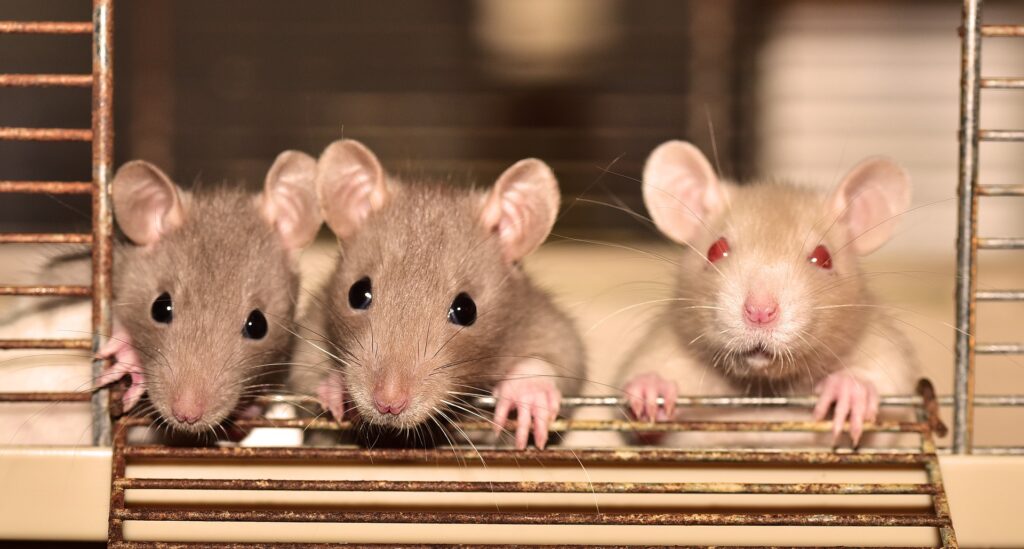 One of the biggest concerns with nuisance wildlife is their ability to cause health issues for homeowners and their families. There are thousands of diseases in the world, and many of them are carried by nuisance wildlife that can easily transmit to humans. If you have ever wondered how animals spread diseases, continue reading.
One of the biggest concerns with nuisance wildlife is their ability to cause health issues for homeowners and their families. There are thousands of diseases in the world, and many of them are carried by nuisance wildlife that can easily transmit to humans. If you have ever wondered how animals spread diseases, continue reading.
What Diseases Can They Carry?
It might be obvious, but the diseases you could possibly encounter will depend on what nuisance animal you have an encounter with. Raccoons, opossums, skunks, and coyotes, are all very well known for carrying rabies. In addition, they carry many other diseases, such as raccoon roundworm, leptospirosis, and tuberculosis. These can be very serious, potentially fatal infections. Rodents and bats are well known for being the carriers of hundreds of diseases at one time. These include potentially deadly diseases like rat-bite fever, hantavirus, and histoplasmosis. Snakes can transmit deadly venom to humans, but they rarely cause true diseases. Birds are almost as disease-ridden as rodents, carrying over 50 diseases in their droppings at one time. Even animals like rabbits and squirrels carry a host of nasty viral infections that can cause real harm to you and your family. Here is a great resource that has information on all of the various common household wildlife invaders.
Bites
Obviously one of the most straightforward ways for wild animals to spread diseases to humans is through a bite. Bites transmit diseases when the animal’s saliva is injected into the puncture area of a human. This disease then works its way into the human body, creating a serious local problem in the human. Then this local problem spreads throughout the whole body, creating a serious health issue. Many diseases can be spread through bites, and none are more famous than rabies. Outside of rabies, rat-bite fever, hantavirus, and leptospirosis are all serious viruses spread through bites.
Droppings
An indirect way that animals spread disease is through their droppings. Once they find their way into your home or onto your property, they will begin leaving their feces in many places. Animal droppings contain all kinds of diseases, but even salmonella and E. coli can be found in there. These viruses and bacteria can live for months in droppings and are very hard to kill. If feces get onto you or your family’s shoes, hands, or clothing, it can eventually be contracted if it is rubbed into your eyes, nose, or mouth. Also, if rodents or insects can get into your food or food preparation areas, their droppings might also spread the diseases to you through food.
Saliva and Hair
This is another indirect way in which wild animals can transmit diseases to humans. If you have a rodent or other pest infestation, they will leave their saliva and hair everywhere. Saliva and hair can carry a wide variety of serious diseases. Bacteria and viruses can live in dried saliva and on surfaces nuisance animals contacted for a long time. Leptospirosis, histoplasmosis, and a variety of other deadly illnesses can be found all around your home if you have an infestation of some kind. Saliva and hair can also infect packaged food and food preparation areas as well.
How to Reduce Your Risk
One of the best ways to keep animals out of your home is to hire a professional pest control expert. These experts have years of experience and they can figure out the best ways to prevent animals from coming into your house. Prevention is the best way to keep disease out of your home and away from your family. These pest control professionals can install preventative measures and even get rid of any existing pest problems. All in all, hiring a pest control specialist is one of the best investments that you can make as a homeowner.